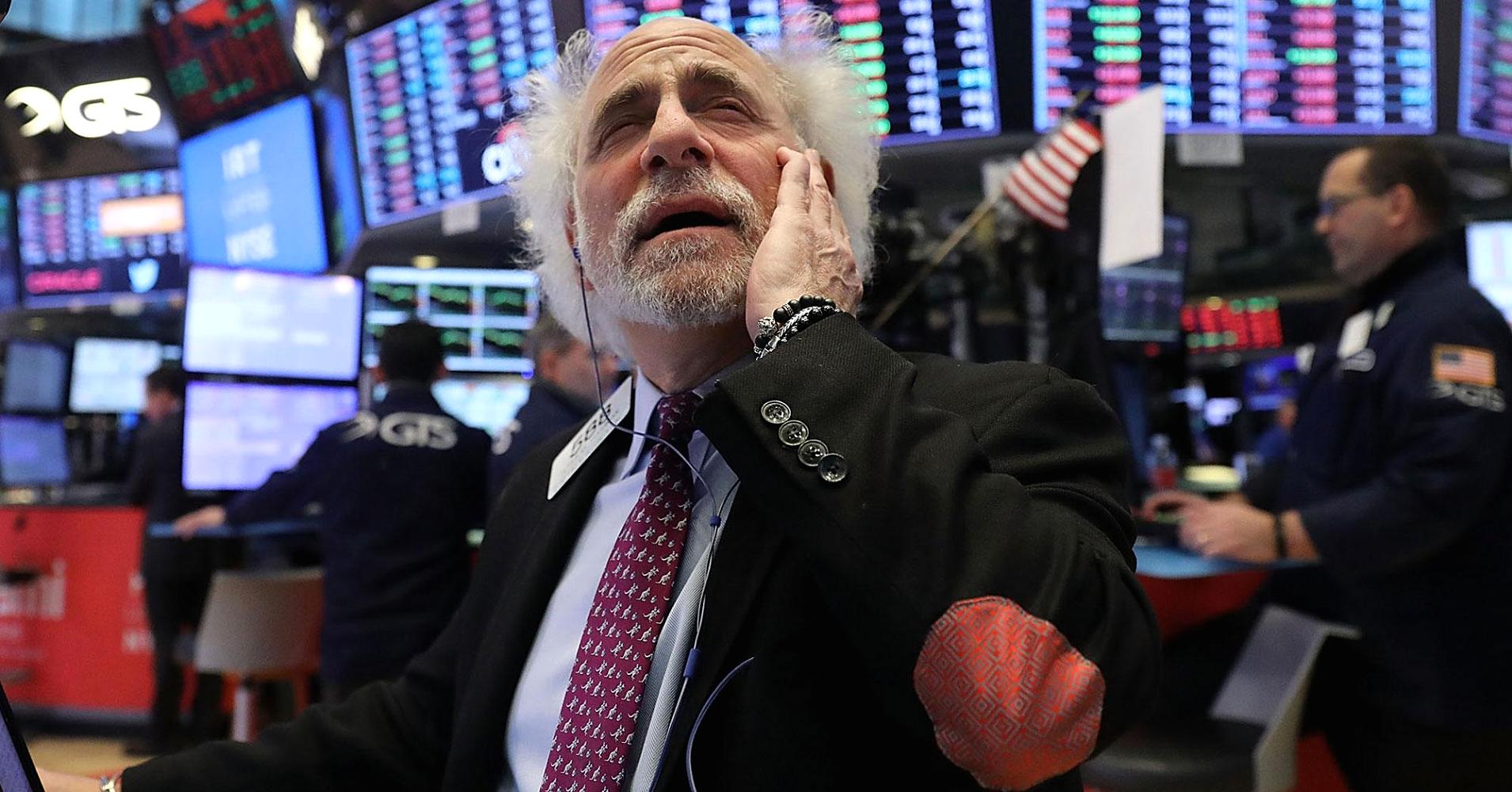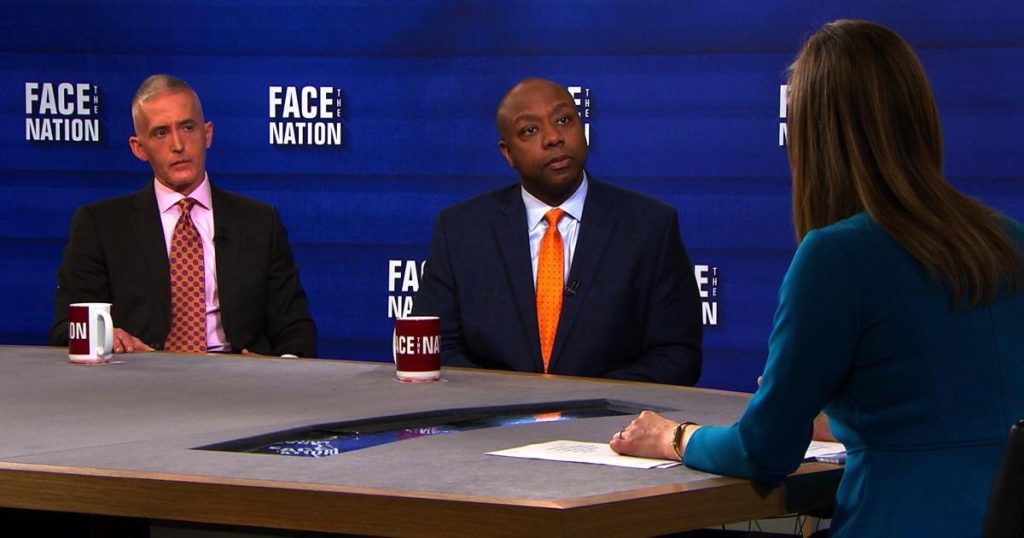
The S&P 500 Index just posted its first negative quarter since 2015. With earnings season set to kick off in less than two weeks, one strategist says the market’s pain could be behind it.
“We’re just hoping that earnings season shows up and stops the bleeding,” Brian Nick, chief investment strategist at Nuveen, told CNBC’s “Futures Now” this week. “What we’ve been sitting in is a bit of a void from an information perspective.”
This period between the fourth-quarter and first-quarter earnings season has been characterized by news that investors viewed as negative, including President Donald Trump‘s push for steel and aluminum tariffs to Facebook‘s privacy scandal.
Amid whipsaw trading, the S&P 500 has ended lower in three of the past five weeks and sits in negative territory for the year. A return to the fundamentals should give equity markets the support they have needed, Nick told CNBC.
“We haven’t been getting that real key fundamental data the markets key on and has been sustaining this rally since the middle of 2016 which is improving corporate earnings,” said Nick.
“We’re going to be hoping that what’s been sort of interceding here – policy risk, political risk – doesn’t continue to intrude upon earnings season and hopefully creates a bit of a tailwind for the stock market,” he added.
The passage of tax reform in December should give this year’s earnings a sizeable boost. Its anticipated effect has doubled previous earnings estimates for 2018, according to Nick. Bottom-line growth from tax cuts should start to show up in the first quarter.
The rest of the street is equally as optimistic on earnings for the year. Analysts surveyed by FactSet estimate an 18 percent increase in earnings this year, a growth rate that should slow to 10 percent in 2019 and 2020.
How the extra cash generated by tax cuts is spent will determine where the markets head next, Nick cautioned.
Some of the tax savings will be reinvested in corporate expansion through higher capital expenditures, he said. But, “you will also see higher dividends, announcements of share buybacks, and hopefully some additional hiring that wouldn’t have happened without that extra cash on the sidelines.”
More share buybacks and higher dividends would give markets a short-term “pop,” said Nick, but not the longer-term push needed to grow companies and U.S. economic activity.
“It would be a short-term positive for the market if you saw a lot of buybacks and higher dividends. But I think that would probably also lead us to be less optimistic about just how long the cycle can go on,” he added.
The first-quarter earnings season will kick into gear when the major banks report in mid-April. Citigroup, Wells Fargo, and JPMorgan are scheduled to release their 10-Qs on April 13.

